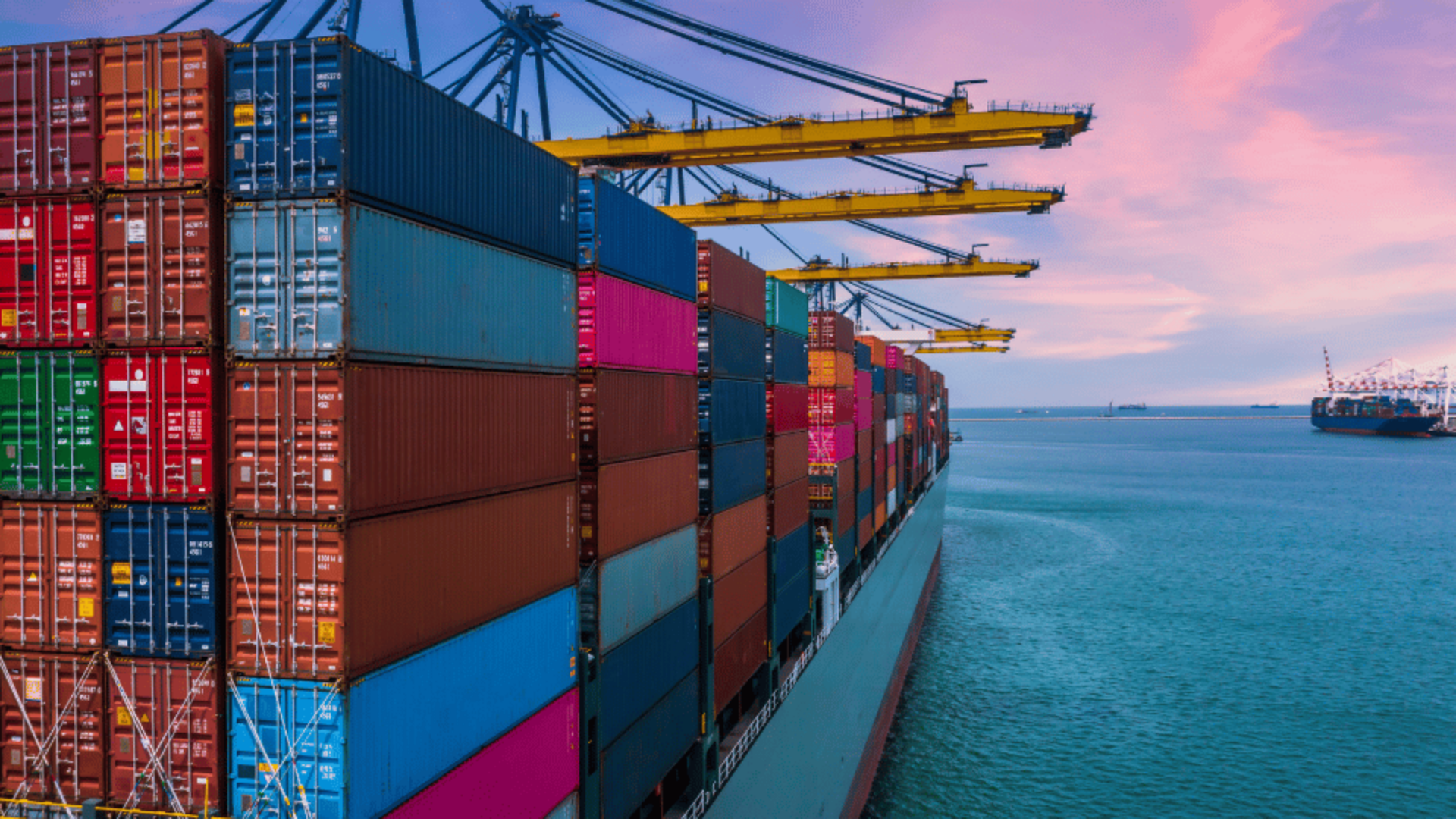Story by
Ben Brough
Tags /
- Business
- Cargo
- Freight Protection
- Global
- Security
When we think about the specific issues that Europe’s supply chain is dealing with, the obvious contributory factors — like Brexit and the recovery from the Covid-19 pandemic — tend to crop up first.
Yet this is just the tip of the iceberg. From labour shortages to inflation, extreme weather events and ongoing geopolitical changes, the EU is navigating a plethora of issues, and so are the businesses that rely on its supply chain.
Understanding the most likely causes of disruption can help shippers to anticipate their needs, and put the right measures in place to insulate their businesses against supply chain issues.
1. Growing rates of extreme weather events
It’s getting progressively harder to predict what kind of weather the seasons will bring in Europe. According to the European Environment Agency, 2023 was the continent’s hottest summer on record, with colossal wildfires in Greece, Portugal and Italy (to name just a few). The EU is generally exempt from extreme storms like hurricanes and tornadoes, but heatwaves, wildfires and bouts of flooding are often just as disruptive to supply chains in affected regions.
These environmental hazards have a range of knock-on effects. For instance, if they impact crops, this might result in a lack of available raw materials, but they could also force manufacturers to halt operations, compromise the safety of facilities like factories and warehouses, or just make the actual transportation of the goods via the usual route impossible. Businesses using suppliers in frequently affected areas might need to branch out, and build out a portfolio of reliable alternatives in different locations.
2. Evolving geopolitical factors
Eight years on from the EU referendum, and Brexit is still impacting the European supply chain. Memorably for British residents, there was the fuel supply crisis in 2021, triggered by an outbreak of panic buying when the press reported on a lack of HGV drivers since fewer EU citizens were eligible to work in the UK. Meanwhile, the conflict in Ukraine has caused raw materials shortages, with the workforce transformed by conscription, while ongoing Russian sanctions have altered shipping routes and forced some businesses to stop exporting to Russia.
As well as large-scale events, the upswing in smaller, localised action like strikes, protests and riots also has consequences for the supply chain, disrupting transportation, causing delays and increasing the chances of demurrage fees.
3. Volatile inflation in European countries
Inflation in Europe was more than double the long term average for the majority of 2023, but how does this manifest? Firstly, it shows up in the increased prices of goods and services, including diesel, raw materials and labour. As these costs rise, some companies will struggle to maintain their profit margins, particularly if they can’t sustainably pass these costs onto their customers.
This can also impact the likelihood of long-term contracts with suppliers and carriers, who could be hesitant to commit to retainers if they’re uncertain about future costs and revenues. On top of this, inflation also alters customer buying behaviour — which is why many businesses operate with a just-in-time supply chain model which can reactively flex to meet fluctuating demand.
4. Rapid technological advancements
Like most major industries, the logistics sector is currently undergoing rapid technological transformation. For the freight community, that means the adoption of automation, AI, the Internet of Things and even blockchain — but the integration of these advanced technologies into pre-existing management systems and process flows can cause havoc.
These changes can be costly and complex to implement, and this has a secondary impact on the supply chain. While some logistics providers struggle to keep up, others are ahead of the curve – although they often end up working with suppliers that can’t meet them at the same level. The rise of e-Commerce poses a similar challenge, forcing 3PLs to adapt quickly to requirements like increased small parcel shipments, faster delivery times and the need for seamless integration with online platforms.

What do these risks mean for shippers?
These factors have far-reaching implications for shippers. It goes without saying that navigating supply chain disruption poorly can result in financial loss, reputational damage and customer dissatisfaction. For businesses that aren’t adequately equipped to respond reactively, one natural disaster could be make or break.
That’s where experts like Loadsure come in. As an InsurTech MGA that specialises in cargo cover, we have a deep understanding of the global supply chain, including the specific threats running rampant in Europe — and how it affects the transport and logistics industry.
We’re proactive in identifying, assessing and even mitigating risks. It’s this approach, paired with our dynamic pricing model, that enables us to provide effective coverage, empowering our partners to protect supply chain businesses.
To find out more about Loadsure’s Europe, our specific product base, or how to get started please don’t hesitate to get in touch.
